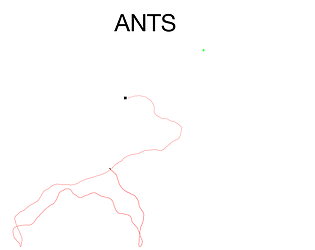I have created a docker image based on the Microsoft provided vsts-agent image with butler installed. The image is available here: https://hub.docker.com/r/amllindsay/vsts-agent-itch-butler/
But if you want to create your own the dockerfile was pretty simple:
# Microsoft has a base image for vsts-agents and that is what we are using to base our container on FROM microsoft/vsts-agent:ubuntu-16.04 # Download butler\set execute permissions on the butler file RUN echo Downloading butler... \ && curl -sL https://dl.itch.ovh/butler/linux-amd64/head/butler -o /usr/bin/butler \ && chmod +x /usr/bin/butler # run butler -V to output butler version for error checking RUN /usr/bin/butler -V # Add butler to the path to allow it to be run and key/value pair to the environment variables to tell vsts that it has the butler capability ENV butler=/usr/bin/butler \ PATH="/usr/bin/butler:${PATH}"
The build in VSTS is also pretty simple, just a command line task ( I used version 2 of the task type) with the following contents;
echo $(BUTLER_API_KEY) > ./token.txt butler push ./Github-Integration-CI/Game $(itchUser)/$(itchGame):$(itchChannel) -i ./token.txt
Note that $(BUTLER_API_KEY), $(itchUser), $(itchGame), and $(itchChannel) are all variables supplied to the task. Make sure the BUTLER_API_KEY is marked as a secret variable and then VSTS will keep it out of the logs.
There is probably a simpler way to do all this, but I thought it was pretty cool that this worked. Thanks for building butler!



